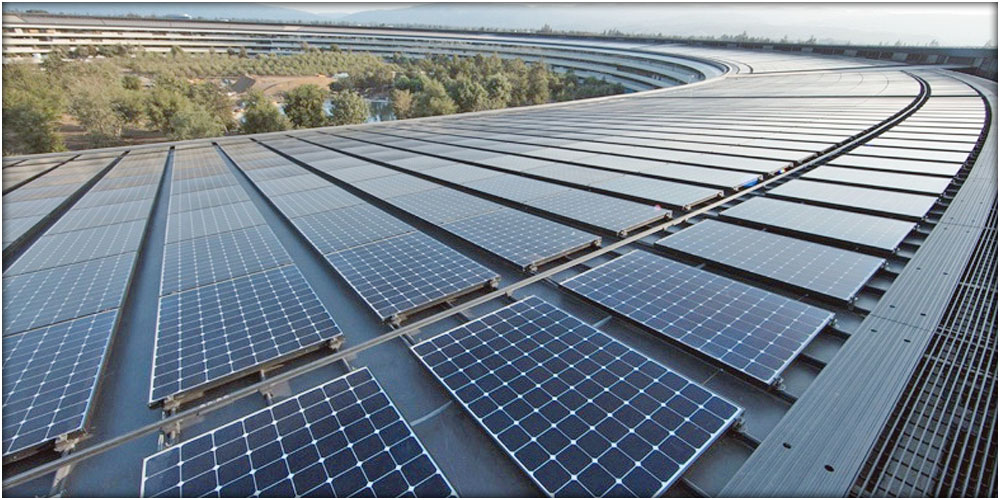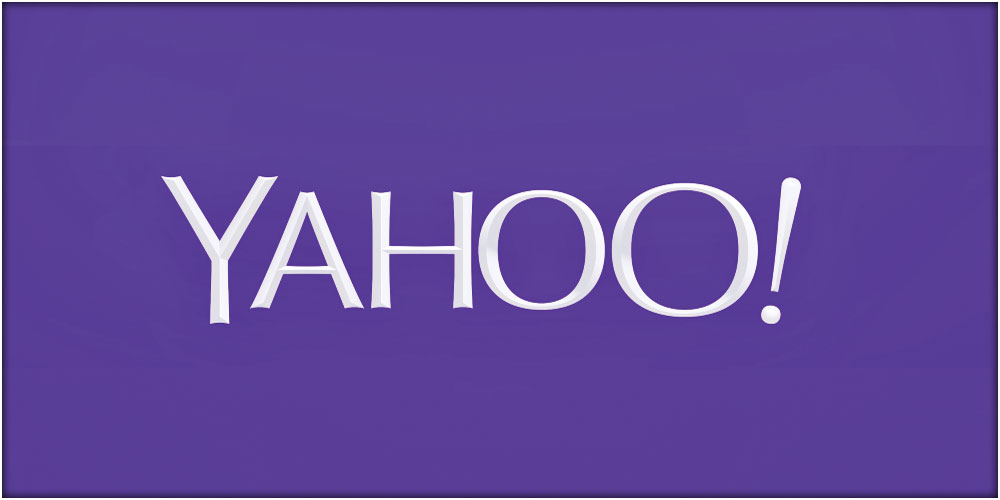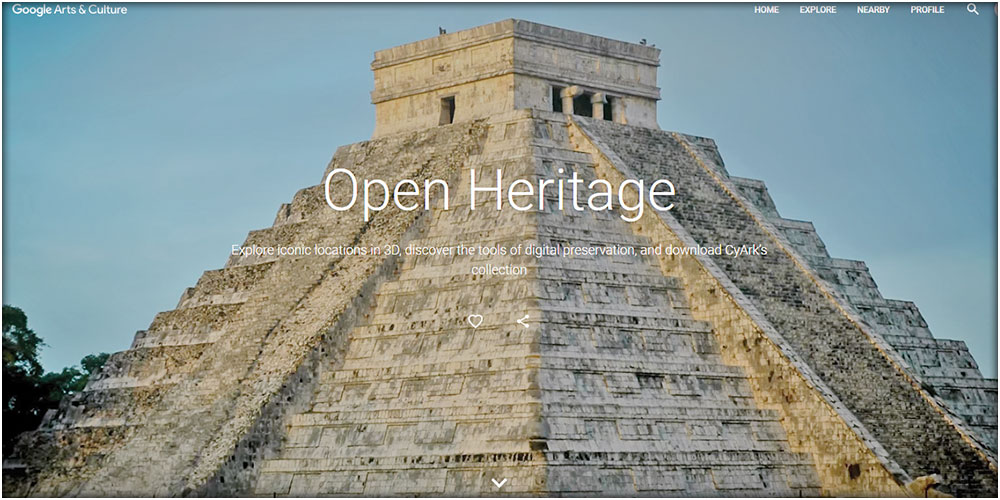MICROSOFT TEAMS NOW LETS SMALL BUSINESSES CHARGE FOR WEBINARS AND MORE
- 23 Mar - 29 Mar, 2024

Recently, the tech giant announced that all of its retail stores, data centres and corporate offices now run on 100 per cent clean energy. This milestone by Apple includes all their facilities in 43 countries, such as the US, UK, China and India. On the whole, the tech company uses a variety of clean energy sources, such as solar technology, wind farms and new concepts like biogas fuel cells and micro-hydro generation systems for generating electricity.
Additionally, nine more of its suppliers have also pledged to power their Apple production with 100 per cent clean energy. There are now approximately 23 suppliers committed to that goal.
In a statement, Apple’s CEO Tim Cook said, “We're going to keep pushing the boundaries of what is possible with the materials in our products, the way we recycle them, our facilities and our work with suppliers to establish new creative and forward-looking sources of renewable energy because we know the future depends on it.”

Yahoo has been slapped with $35 million worth of fine for failing to disclose a 2014 data breach, wherein hackers stole information on over 500 million accounts. The US Securities and Exchange Commission (SEC) announced that Altaba, which contains Yahoo’s remains, agreed to pay the fine to settle charges that it misled investors by not informing them of the hack until September 2016, despite knowing of it as early as December 2014.
The SEC goes on to admonish Yahoo for its failure to disclose the breach to investors, saying that the agency wouldn’t “second-guess good faith exercises of judgment” but that Yahoo’s decisions were “so lacking” that a fine was necessary.

Tech giant Google has partnered with 3D laser scanning non-profit CyArk to help preserve historical sites around the world that are at risk of irreparable damage or total erasure due to human conflict and natural disasters.
The joint effort by the two entities, called the Open Heritage project, will use CyArk’s laser-scanning technology to capture all the relevant data at a historical site needed to re-create it virtually, so it can be preserved and explored online either on a computer, through a mobile device, or while wearing a virtual reality headset.
COMMENTS